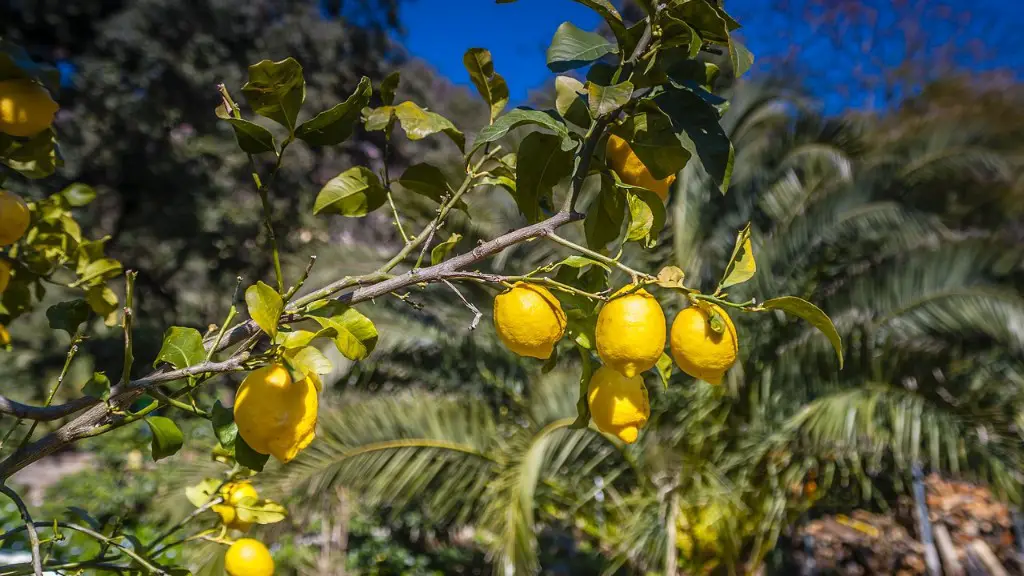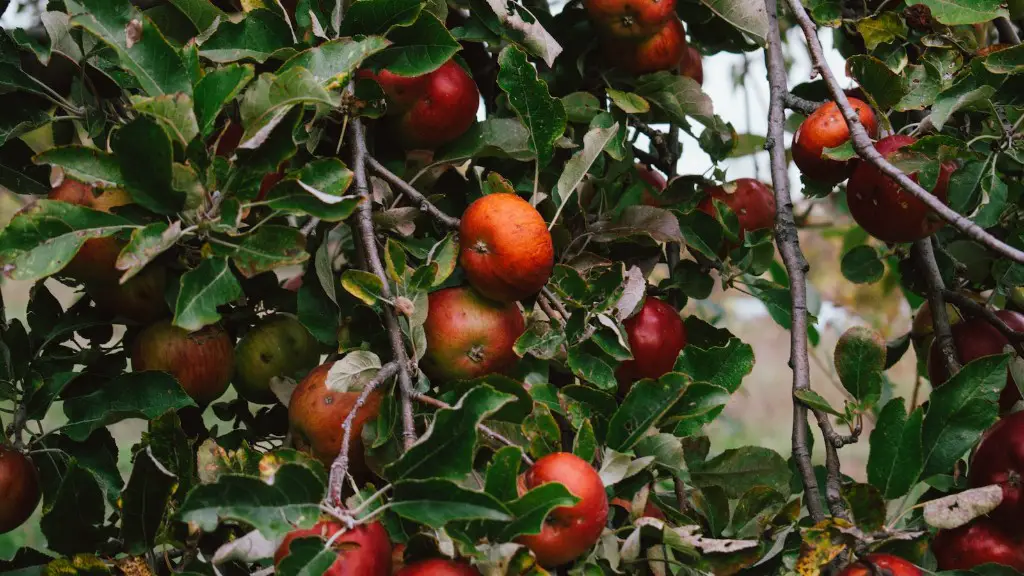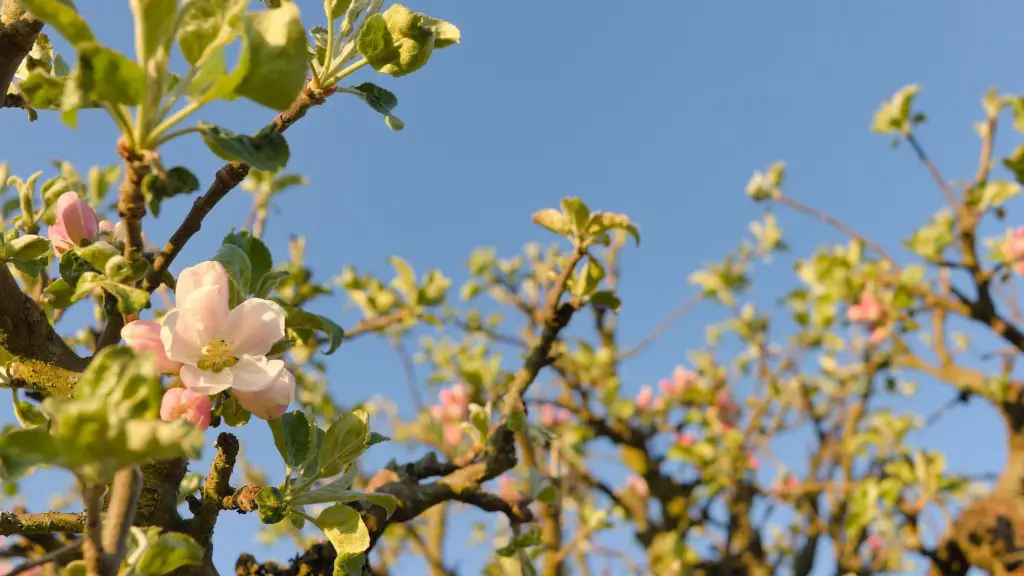Healthy lemon trees have distinct characteristics that can help identify them, enabling gardeners to ensure that their citrus plants are flourishing. Firstly, a healthy lemon tree will be lush and green-leaved, with vigorous branches. Appearing in spring and prolifically throughout the rest of the year, a healthy lemon tree’s leaves should have few pests or damage, and should be colored a vibrant dark green. Secondly, the twigs, branches and limbs of a healthy lemon tree should be firm, sturdy and flexible. Branches should be supported by thick and robust bark, and joints should appear strong, with no areas of poor growth or malformation. Thirdly, a lemon tree’s blooms should appear in spring and summer, featuring a full, waxy texture and light greenish-yellow in color. Fourthly, during the fruiting season, healthy lemon trees will produce fruit that is smooth, round and yellow. Depending on the variety of lemon, the size may differ, but healthy lemons should appear undamaged and firm to the touch.
What types of lemon trees are healthy?
There are several types of lemon trees that are considered healthy and can grow both indoors and outdoors in many different climates. The hardy Meyer lemon tree is a popular citrus plant among gardeners due to its adaptability, which allows it to thrive both indoors and in slightly colder climates. Additionally, the Lisbon lemon tree has a higher yield potential than Meyer lemons, and are cold-hardy enough to tolerably withstand temperatures down to 20°F. Lastly, the Eureka lemon tree is a more traditional lemon variety with a generally high production rate, making it a popular choice for those interested in harvesting lemons.
Where can I find a healthy lemon tree to purchase?
Healthy lemon trees can often be found at local nurseries or garden centers. Additionally, specialized citrus tree websites may offer lemon trees that are larger and better established. Because lemon trees require a certain amount of care, it is best to buy trees that sit in pots with a good amount of soil and a solid root system. Before purchasing, it may be beneficial to ask the seller some questions to ensure that the lemon tree is healthy and well maintained.
What modifications do I need to make to my soil for a healthy lemon tree?
In order for a healthy lemon tree to thrive, it will need a soil that is well-draining and slightly acidic. Generally, a pH level between 5.8 and 6.2 percent is ideal for citrus trees. To amend soil, sandy loam soil or compost should be added to the nutrient-lacking native soil. Additionally, organic fertilizers specifically made for citrus trees or a citrus-based compost tea should be applied every other month. In colder climates, a rake or straw can be used as mulch at the base of the tree, which helps protect against freezing temperatures.
What watering techniques do I need to use for a healthy lemon tree?
Lemon trees require frequent and consistent watering; however, overwatering can have detrimental effects on the tree. Generally, mature lemon trees need to be watered deeply about twice weekly in a single session. During extremely dry and hot months, additional watering may be needed. For newly planted trees that are beginning to establish roots, watering needs to be done even more frequently. To gauge whether or not a tree needs to be watered, feel the soil near to the tree’s trunk. If the soil is dry and crumbly, watering is necessary.
What pruning techniques do I need to use for a healthy lemon tree?
Young lemon trees should be pruned when they are first planted in order to encourage good branch formation, and especially if they are grafted onto a rootstock. Generally, in later years, pruning should be done to direct the tree’s growth and remove any dead, diseased, or damaged limbs, as well as cut back any overgrowth. All pruning cuts should be made at a 45 degree angle, about one-quarter of an inch above an outward facing bud. These cuts should also be narrower than the branch, as to not leave too large of an exposed wound.
How often should I fertilize and protect a healthy lemon tree?
Organic fertilizers and tea composts should be applied every other month to encourage healthy growth. For the most part, lemon trees are pest-resistant, though they can be prone to fungal infection in humid climates. These infections can be treated with fungicides or proper management techniques, such as increasing air circulation and reducing watering. Additionally, during colder months, lemon trees should be protected by mulching or wrapping in plastic or burlap.
What nutritional needs do healthy lemon trees require?
Lemon trees need to be regularly fertilized to provide them with needed nutrients, specifically nitrogen, phosphorus and potassium. All of these are required for healthy growth and production. Nitrogen supports the trees’ ability to produce new foliage, phosphorus aids in root growth and flower/fruit production, and potassium aids in overall plant health and hardiness. Additionally, as trace minerals, iron, magnesium, and zinc are also essential for citrus tree wellbeing.


